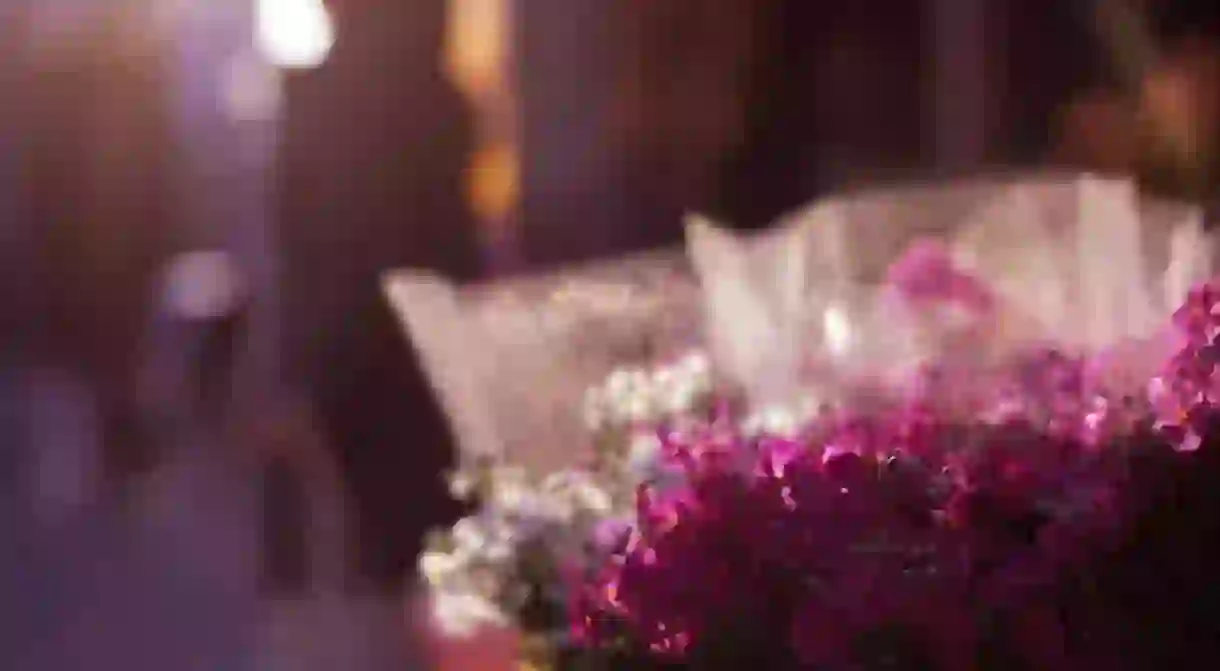The Tradition Behind Iceland's Days Devoted to Women and Men

While the old Icelandic calendar is not in official use anymore, there are still some Icelandic holidays and annual feasts that are celebrated from it. Developed in the 10th century, the calendar consists of six months each of skammdegi, or short days, and náttleysi, nightless days. Each month is given a special name that has pagan connotations, especially the month of Þorri, which lasts from mid-January to mid-February and is named after the Norse god of thunder, Þor. Marking the beginning and end of this month are the two special holidays, Bóndadagur, or Men’s Day, and Konudagur, or Women’s Day.

What better way to celebrate the significant other in your life than by feasting on sour food in the dead of winter? Back then, it was surely a time to show your appreciation through the difficulties of Icelandic weather, especially given the conditions of pre-19th-century Iceland. Bóndadugur translates literally to “Farmer’s Day” and was traditionally dedicated to the man of the house, who was usually a working farmer. The day usually falls on January 19th. In the book of collected folktales gathered by Jón Árnason in 1864, one tale references this day as the day in which the farmer of the house is to rise early in the morning and dress only in half his clothing and hop around calling on everyone in the surrounding farms to come enjoy the feast of Þorri with him.

Beginning in the 1970s in Iceland, advertisements for commercial gifts to commemorate the day appeared, much in the same manner as Valentine’s Day or anniversaries are commemorated elsewhere. The contemporary manner of celebrating the holiday is to gift the men in your family with a small gift and perhaps a special dinner. Konudagur translates literally to “Women’s Day” and traditionally falls on February 18th. The day is celebrated in honour of the female of the house or farm although nowadays, special consideration is given to all the women in a household, who are given a small gift such as flowers or a special meal. It has very much a similar feeling as Valentine’s Day elsewhere. If you happen to be in Iceland with your significant other during these times, definitely take part in this traditional holiday by showing your appreciation as well as paying homage to ancient Norse culture.













